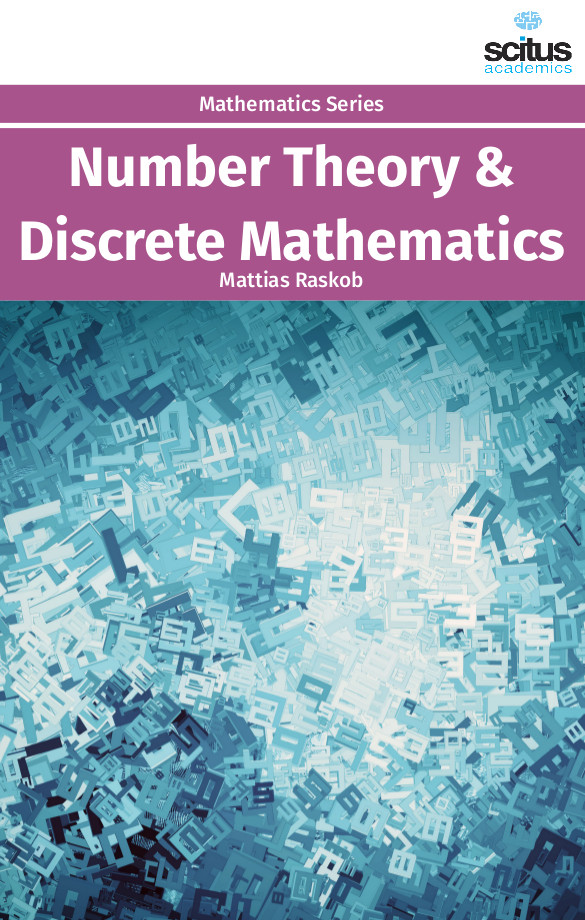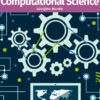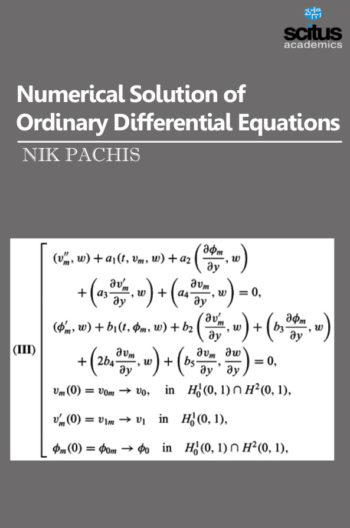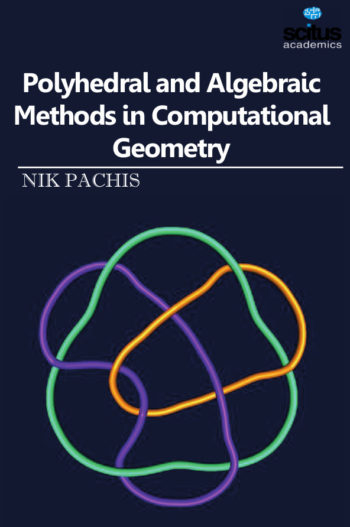Number Theory is one of the oldest and richest branches of mathematics. Number theory is concerned with the properties of numbers in general, particularly integers. It has applications to cryptography, cryptanalysis, and cryptology, particularly with regard to modular arithmetic, Diophantine equations, linear and quadratic congruence’s, prime numbers and primarily testing. Other discrete aspects of number theory include geometry of numbers. In analytic number theory, techniques from continuous mathematics are also used. Ideas from combinatorics, algebra, and complex analysis all find their way and eventually become essential for understanding parts of number theory. Research in discrete mathematics increased in the latter half of the twentieth century partly due to the development of digital computers which operate in discrete steps and store data in discrete bits. Concepts and notations from discrete mathematics are useful in studying and describing objects and problems in branches of computer science, such as computer algorithms, programming languages, cryptography, automated theorem proving, and software development. Conversely, computer implementations are significant in applying ideas from discrete mathematics to real-world problems, such as in operations research.
This book ‘Number Theory & Discrete Mathematics’ is designed explicitly for mathematicians and computer scientists seeking a first approach to this important topic. It offers more comprehensive coverage of the fundamental theory, techniques, and applications of number theory. This approachable text studies discrete objects and the relationships that bind them.













